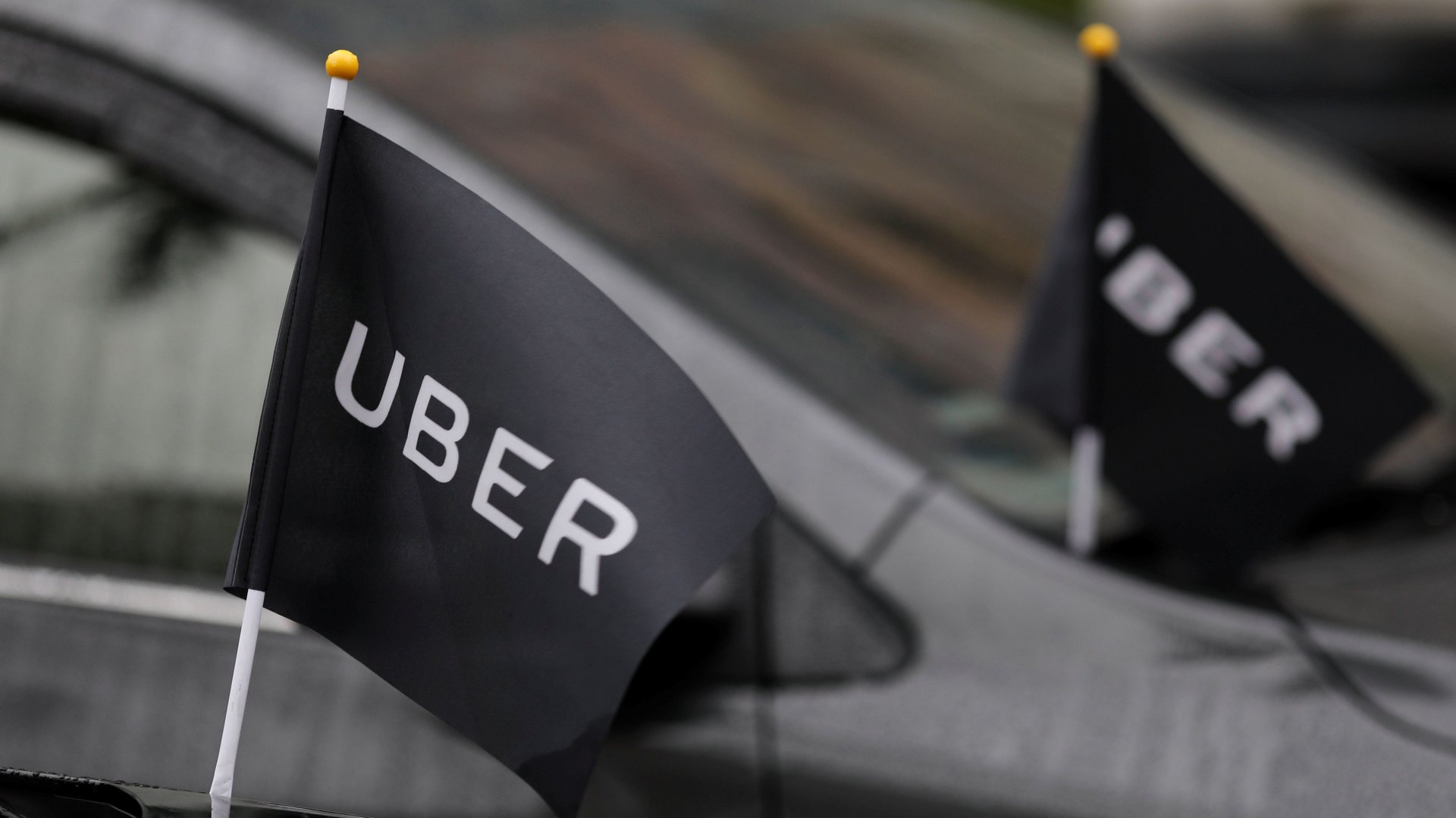What happens if your UberPool co-passenger misbehaves?
India’s app-based taxi ecosystem has witnessed yet another crime—this time involving fellow passengers on a pooled ride.


India’s app-based taxi ecosystem has witnessed yet another crime—this time involving fellow passengers on a pooled ride.
While online cab-hailing firms have for long been wracked by unsavoury and gruesome incidents involving drivers associated with them, a crime involving customers themselves has now added to the dilemma.
On June 25, Ushnota Paul was verbally and physically assaulted in Mumbai by her UberPool co-passenger. The accused—another woman whom Paul described as “hostile from the very start”—was apparently furious over being the last one to be dropped and had turned on the driver. When Paul intervened, “…she went completely racist and called me a ‘chinky’ & a ‘chinky s**t’,” she said in a tweet.
She attacked Paul just as her destination was approaching, allegedly bruising her hands and face, and even pulling out a clump of Paul’s hair.
However, Paul’s trauma didn’t end there.
Even after she filed a police complaint, Uber allegedly refused to share the details of the fellow passenger, citing customer privacy. “The police officer called them in front of me and said there’s a formal complaint against this woman and yet Uber didn’t help,” Paul wrote. “If she’s your customer, so am I.”
Uber’s unwillingness to share her details not only throws light on another grey area as far as the cab aggregators’ safety measures are concerned, it could also land the company in hot water. “They (Uber) are bound to give it (the rider’s details). The police can keep the information confidential but they have to give it,” Bengaluru’s additional commissioner of police (east), Seemanth Kumar Singh, told Quartz. “They can be made an accused if they don’t cooperate.”
In a statement to Quartz, the San Francisco-based company said it was taking action.
“What’s been described today is deeply upsetting and is completely against our community guidelines. The co-rider in question cannot access the app,” an Uber spokesperson said. “We’ve reached out to law enforcement authorities to offer any information that could be helpful in their proceedings. We stand ready to support their investigation into this incident.”
Many gaps to fill
Over the years, Uber drivers have been accused of growing list of crimes. But the company is not alone.
On June 01, a woman was molested and forced to strip for photos by an Ola driver in Bengaluru. In 2015, a woman traveling in a Meru cab in Delhi was gang-raped. The same year, a woman alleged that a TaxiForSure (now acquired by Ola) driver was masturbating in her presence.
Although companies like Ola and Uber claim to have put in place several security measures, they haven’t been of much help.
That’s partly due to a lack of basic security systems. For instance, despite claiming to conduct thorough background checks, drivers are sometimes not verified by the firms. In several cases, the assigned driver isn’t the one who turns up to pick passengers.
Now the June 25 UberPool incident underlines that it’s not only the drivers who need to undergo training, get passenger ratings, and be monitored closely. Users, too, must be held accountable.